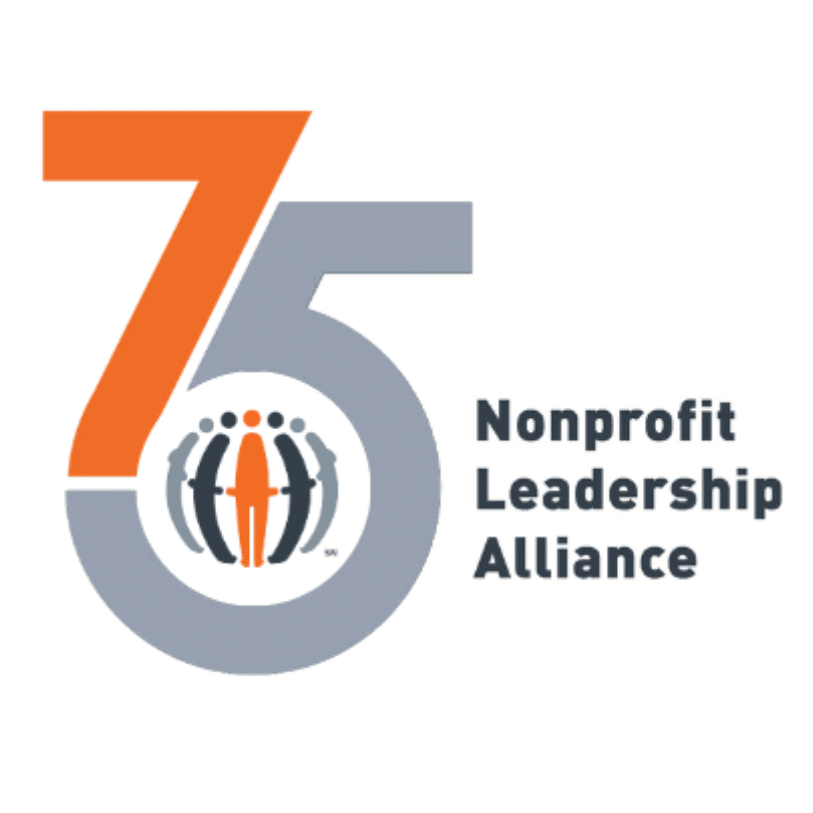There are numerous legal hurdles to clear in the nonprofit formation process and beyond. No matter the age of your organization, compliance with legal requirements is critical to maintaining your 501(c)(3) status, avoiding legal penalties, and keeping the public’s trust.
Whether you’re filing for tax-exempt recognition or recruiting volunteers for your next fundraiser, every phase of your nonprofit’s existence has guidelines that set boundaries for its operations. In this guide, we’ll review expert tips for overcoming the top three nonprofit compliance challenges:
- Complying with governance guidelines
- Following fundraising requirements
- Reporting finances accurately
Accuracy and thoroughness are key to maintaining compliance so your nonprofit can continue its important work. Let’s review expert advice for making sure you follow all the rules.
Complying with governance guidelines
Whether your nonprofit is brand new or ten years old, the strategic direction for your organization will always be determined by your board of directors. Since this group of individuals makes high-level decisions and delegates critical tasks, you must ensure their actions are directed by detailed guidelines.
Your board will adhere to the bylaws you determine in your nonprofit startup. Bylaws are nonprofits’ governing documents, which should be revisited regularly to ensure they’re applicable and relevant to an organization’s current circumstances. These guidelines should include the following:
- Purpose: Explain the charitable purpose you identified when applying for tax-exempt status.
- Location: This might be the state in which the organization was incorporated, as well as any geographic locations it reaches.
- Governing structure: Identify which roles will lead the organization and how many governing members will oversee it. Be as detailed as possible when laying out these roles, such as defining terms of services and listing any required qualifications.
- Methods of conducting business: Set boundaries for your organization’s operations. What will your board do (or not do) to ensure the nonprofit maintains its tax-exempt eligibility and always works toward its mission?
- Meeting expectations: Predetermine the frequency of board meetings and how emergency meetings should be called. At a minimum, your board should meet annually.
- Fiscal year: Choose the 12-month period which will be considered your organization’s fiscal year. For example, this might be from July to June instead of January to December.
One of the most important parts of your bylaws is a clause that allows you to amend them in the future. Things change and your bylaws will sometimes need to be revised. Be clear about who can make changes and how often they should be revisited.
Following fundraising requirements
It’s no mystery that fundraising is a central part of nonprofit operations. Since your organization is funded solely by charitable contributions, you’ll have to follow certain regulations to prove you’re using the monetary gifts you receive to serve your charitable purpose.
For example, 40 states require nonprofits to complete charitable solicitations registration, which is essentially an application that grants permission to make donation requests from the public. Most states require the application to be renewed annually, and your organization might have to apply in multiple states.
If your state of incorporation (or the state in which you operate) requires charitable solicitations registration, you must apply before conducting any form of fundraising. This includes:
- Person-to-person solicitation: Don’t ask for donations from friends, supporters, community members, or anyone else until this registration is complete. Whether you send a text message, an email, or communicate in any other way, it’s considered solicitation.
- Fundraising events: You’ll have to hold off on hosting events to raise money for your cause until completing your registration. That includes any money collected from events, even if they weren’t explicitly fundraising efforts. For example, registration fees for a 5k race or volunteer orientation fees would still be considered donations to your nonprofit.
- Product sales: Your nonprofit can’t collect money from product sales of any kind until its registration is complete. This includes branded merchandise, auction items, or any other purchases made that result in your organization collecting money.
Don’t stop at registration, though. To truly handle your fundraising efforts with the most expert level of care, you’ll need to record every detail of each donation. Accurate bookkeeping in the fundraising stage sets you up to handle your annual financial reporting without any problems.
Reporting Finances Accurately
Accurate financial records are not only important for a healthy budget—bookkeeping also sets nonprofits up for success when their annual Form 990 filing is due. This IRS form is a run-down of your nonprofit’s finances and activities to ensure it fulfills its charitable purpose.
New and experienced nonprofit leaders alike can become overwhelmed by the extensive amount of information required for Form 990 filing. To simplify the report, Foundation Group’s guide to filing Form 990 recommends the following best practices:
- Keep thorough financial records. Use a bookkeeping or accounting service to track all your financial activity. Keep your records updated and check frequently to ensure you’re following nonprofit accounting standards.
- Track donor data. You’ll need to report where your largest gifts came from. Prepare a list of your biggest contributors in the past year.
- List activities and accomplishments. Keep an organized record of your programs, their purposes, and their accomplishments. Think of this information as an overview of your organization’s work: how successful were you in fulfilling your nonprofit’s mission?
As an added bonus, complete financial transparency will also boost public support. For example, when you explain how each donation dollar was used in a fundraising campaign, your supporters will know their contributions genuinely supported your nonprofit’s cause.
Compliance is important, but it can feel overwhelming. If you and your team want help so you can put your focus elsewhere, consider hiring a compliance expert to handle your bookkeeping, registrations, and annual filings for you.
